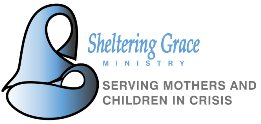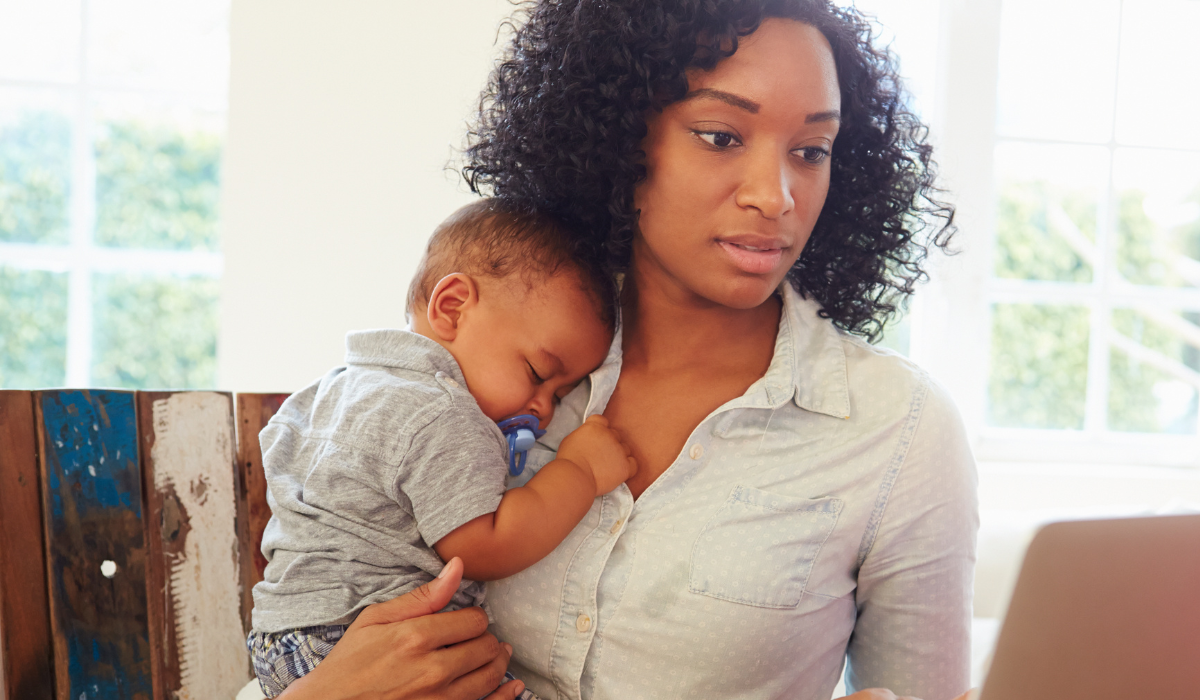By its very nature, financial hardship is challenging for anyone. But the demographic of society that is challenged the most by it is that of single mothers.
Many mothers already face such opposition as wage and wealth motherhood penalties, in addition to unaffordable childcare.
It’s no wonder, then, that single mothers are twice as likely as married mothers to experience financial hardship.
The COVID-19 Pandemic was especially detrimental to single mothers, who suffered high unemployment rates and were more likely to quit their jobs than were childless women and single fathers.
The widespread closure of schools and daycare centers, as well as the implementation of virtual learning and quarantine periods, made it difficult – if not impossible – for many working parents. Single mothers were especially affected.
According to the Federal Reserve’s Survey of Household Economics and Decisionmaking, 20% of single mothers surveyed in November 2020 indicated that they had stopped working. That rate is nearly twice that of other working parents.
Losing a job is particularly detrimental for single parents who are the sole breadwinners for their families, thus making it even harder to afford childcare, which in turn makes it harder to find a new job. In 2019, the average cost of childcare was already unaffordable to 97% of single mothers. Add to that the current high inflation rates, and these mothers face an even greater stumbling block.
Effects on Health:
Financial hardship has been shown to have a negative effect on the health of single mothers, who experience higher levels of chronic stress, loneliness, and depression.
According to a study published in the National Library of Medicine in 2017, participants represented themselves as trapped and helpless, and constructed their position as one where there was a persistent battle with finances–feeling like they had to “fight for everything.” Their money worries were constant and all-consuming, leading to mental, emotional, and physical sickness.
The study also showed a link between financial hardship and social withdrawal and isolation. Furthermore, participants noted feelings of desperation and entrapment, which for some also led to suicidal thoughts.
Ways to Help:
Helping single mothers gain financial resilience could translate into greater widespread economic and social benefits for our society and economy as a whole, including a potential increase in our gross domestic product.
But perhaps more importantly, helping single mothers will help these women on an individual level, creating a higher quality of life for themselves and their children.
So, how can we help these women? It can be as simple as reaching out in friendship to a struggling single mom, or donating to charities such as food banks, homeless shelters, or private organizations that help provide aid for these struggling women and their families. Here at Sheltering Grace, our #Be1of5000 program provides resources such as housing, job training, mental health treatment, and childcare.

By partnering with Sheltering Grace, and contributing just $10 a month, you can help these women get back on their feet.


